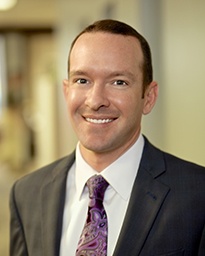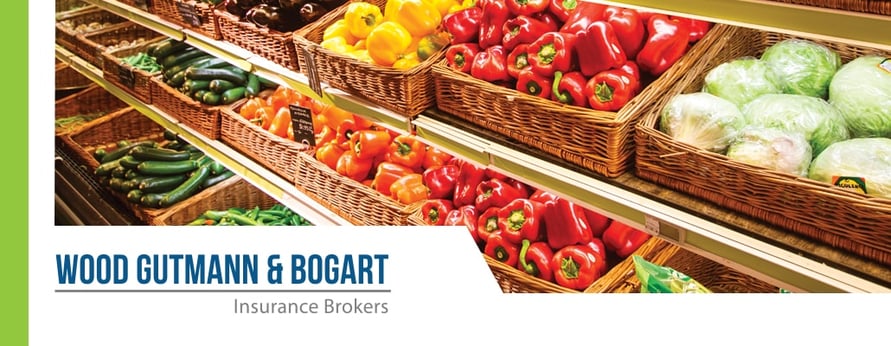Managing Insurance Rate Increases
California food & beverage companies were hammered with Work Comp rate increases in the last 8 years. Many organizations that paid $80,000 for Work Comp in 2009 currently pay $200,000 or more without substantial increases to payroll. Food & beverage companies reacted to these increased costs by doubling down on workforce safety management to prevent new injuries and reduce the likelihood that employees will seek out personal injury attorneys.
These efforts kept their Work Comp at least somewhat in check. Similar attention should now be directed at our company vehicles and drivers as business auto insurance becomes the latest coverage to see large rate increases.
Every major insurance company writing commercial vehicles announced their intent to increase auto policy premiums. The announcements reference that costs of repairs, medical expenses to injured occupants, and litigation burdens necessitate rate increases. This will affect food & beverage companies whether or not they have a history of claims. Those that have few claims or no claims should experience fairly small increases of 3-10%, but those with troublesome claim histories will see increases of 30% or more and may be left with few options for the placement of their auto insurance.
Food & beverage companies with large fleets are most at risk since a 10% increase can mean tens of thousands in additional insurance premium. With the bottom line being vulnerable, these companies need to fortify their auto safety programs to control the increased costs as best as possible. We all know that it is very difficult to find drivers and we often must accept drivers with questionable histories simply because there are so few candidates. Behaviors can be managed though, so it’s a matter of having a disciplined approach to driver and vehicle safety to achieve the best possible performance.
A code of safe conduct should be a part of every driver safety policy and it should be enforced through either telematics (sensors that record driver habits and routes) or random spot checks (i.e. ‘tailing’). A daily checklist of vehicle safety can be completed and filed by the driver to prevent an accident during their routes. Tailgate meetings remind drivers of hazards, requirements for break periods, and management commitment to their safety. These are just a few strategies to both reduce the occurrence of claims and ensure that your insurance company knows you take auto safety seriously. The point is to keep your rate increases to a minimum!
The pains of rate increases can be managed by thoughtful approaches to preventing accidents and the resulting insurance claims. It’s also a matter of not necessarily choosing the cheapest insurance premium, but choosing a reasonable premium from an insurer that manages claims well and fights the good fight against bogus claims (they are rampant in California!). This is particularly important for food & beverage companies with 10 or more vehicles that will be targets for significant rate increases. Here is my best advice: start the process of reviewing and validating your auto safety programs well before you start your insurance renewal process.



